AI And All About AI
Artificial Intelligence (AI) is a rapidly advancing field of technology that enables machines to perform tasks that typically require human intelligence. These tasks include problem-solving, decision-making, language processing, and even recognizing patterns in data.
How AI Will Impact The Future
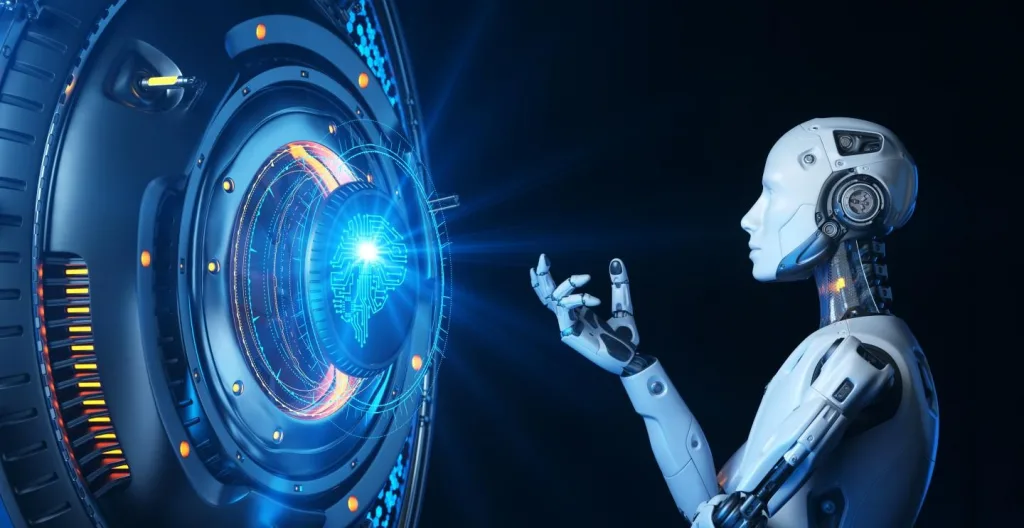
Improved Business Automation
Approximately 55 percent of organizations have adopted AI to varying degrees, indicating a future with increased automation for many businesses. With the rise of chatbots and digital assistants, companies can rely on AI to handle simple conversations with customers and answer basic employee queries.
AI’s ability to analyze massive amounts of data and present findings in convenient visual formats can also accelerate decision-making processes. Company leaders can use instant insights to make informed decisions without spending time parsing through the data themselves.
Job Disruption
Business automation has naturally led to fears of job losses. Employees believe almost one-third of their tasks could be performed by AI. Although AI has made gains in the workplace, its impact has been unequal across different industries and professions.
Workers in more skilled or creative positions are more likely to have their jobs augmented by AI rather than be replaced. Whether by forcing employees to learn new tools or taking over their roles, AI is set to spur upskilling efforts at both the individual and company levels.
Data Privacy Issues
Concerns over companies collecting consumers’ personal data compel AI companies to be more transparent and cautious about how they compile training data.
Climate Change Concerns
On a far grander scale, AI is poised to have a major effect on sustainability, climate change, and environmental issues. The energy and resources required to create and maintain AI models could raise carbon emissions by as much as 80 percent, dealing a devastating blow to sustainability efforts within tech.
AI Model.
An AI model is the core of artificial intelligence, functioning as a sophisticated program or algorithm designed to process data, recognize patterns, and perform tasks autonomously. These models are crucial for enabling various AI services and applications to operate with exceptional accuracy and efficiency.
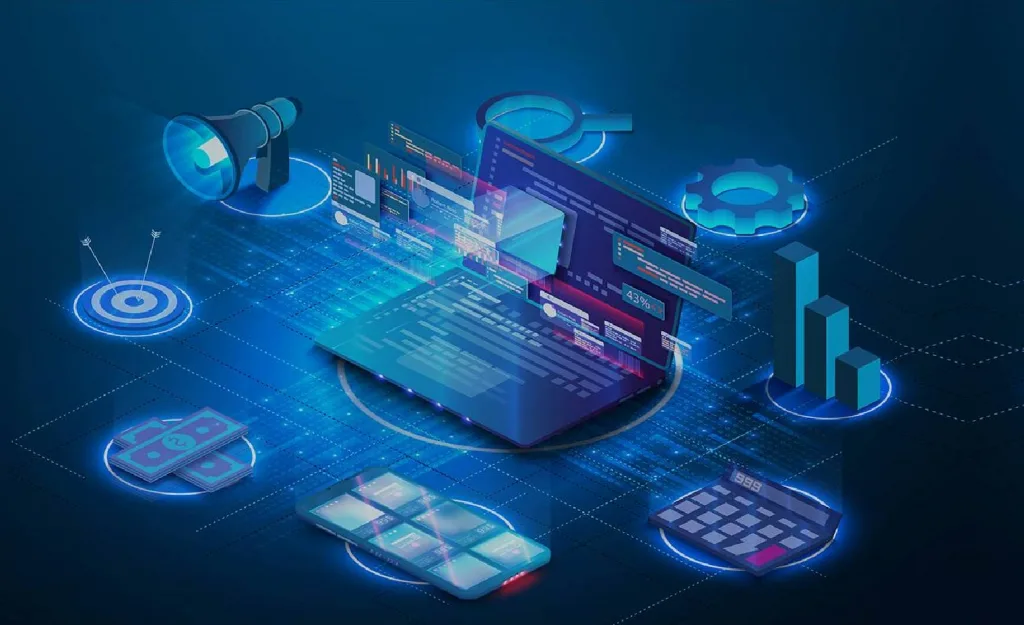
Here are some notable AI models:
GPT-4
An advanced language model capable of generating human-like text. It excels in providing creative ideas, brainstorming assistance, and refining written content.
PaLM
The Pattern and Language Model (PaLM) shines in text generation, translation, and summarization, making it a versatile tool in the AI landscape.
LLaMA
With its lightweight architecture, LLaMA is ideal for resource-constrained environments while still driving AI innovation.
Open-Source Models
These models champion accessibility and customization, inviting collaboration and allowing developers to create tailored solutions.
AI Service
Text Recognition
Our technology expertly identifies text, images, and sounds using predefined data. To ensure efficiency, we utilize OCR technology only when other methods struggle with specific text types. This targeted approach guarantees swift and accurate text processing.
Image Processing
We leverage live camera feeds and advanced image processing techniques to extract customer parameters such as age and gender. By utilizing open-source libraries like OpenCV and VXL, alongside machine learning frameworks such as TensorFlow and PyTorch, we enhance accuracy through deep learning neural networks, including GANs and DNNs.
Natural Language Processing
Our research focuses on the dynamic interaction between computers and humans. We specialize in leveraging chatbots to extract valuable data, skillfully analyzing user hobbies and opinions from various sources, including blogs and social media platforms
Voice Recognition
We specialize in advanced techniques for processing natural language through sound. Our expertise in voice recognition and summarization enables computers to understand human commands and effortlessly convert text data into spoken voices.
Training Cost Optimization
We prioritize the secure handling of personal information while leveraging AI to achieve cost-effective scaling.
What Industries Will AI Impact The Most?
Artificial Intelligence (AI) is revolutionizing industries worldwide, but which ones will see the most dramatic changes? From healthcare to finance, this article explores the sectors poised to be most impacted as AI continues to shape the future.
AI in Manufacturing
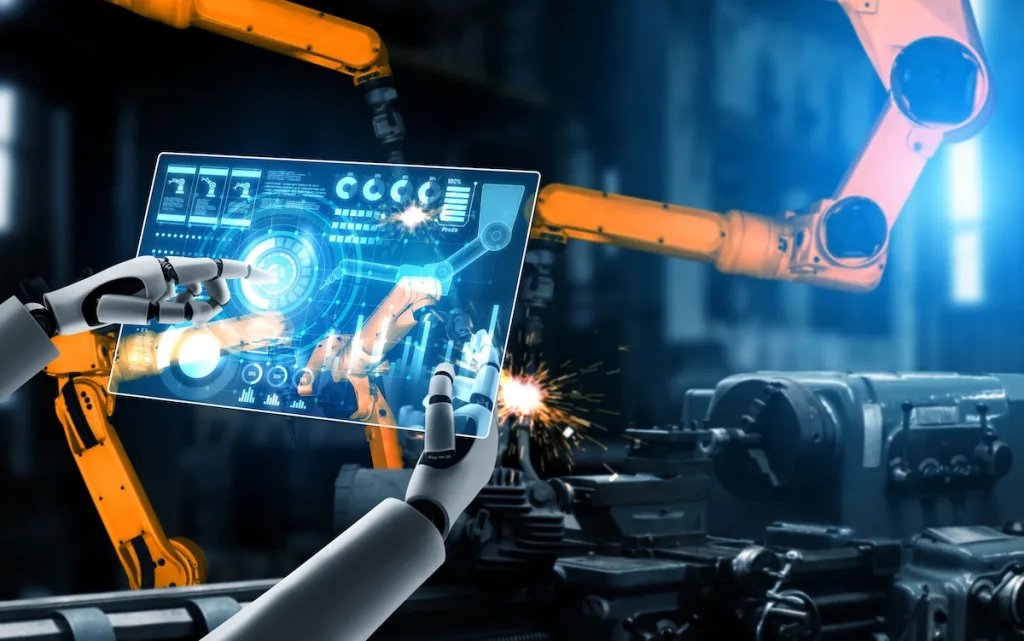
Manufacturing has been benefiting from AI for years. AI-enabled robotic arms and other manufacturing bots, dating back to the 1960s and 1970s, have allowed the industry to adapt well to the powers of AI. These industrial robots typically work alongside humans to perform a limited range of tasks such as assembly and stacking, while predictive analysis sensors keep equipment running smoothly.
AI in Healthcare
AI is already transforming healthcare by changing the way humans interact with medical providers. Thanks to its big data analysis capabilities, AI helps identify diseases more quickly and accurately, streamlines drug discovery, and even monitors patients through virtual nursing assistants.
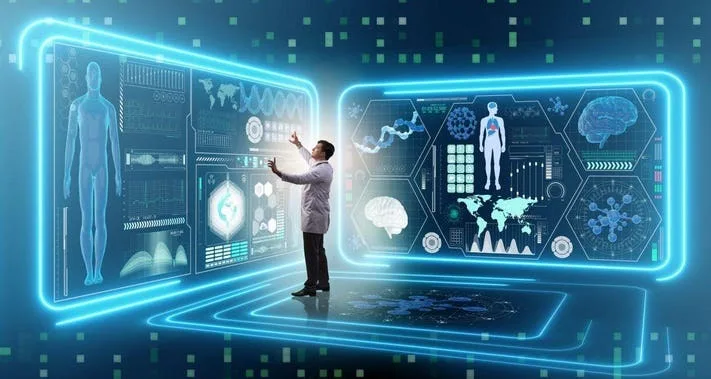
AI in Finance
Banks, insurance, and financial institutions leverage AI for various applications such as detecting fraud, conducting audits, and evaluating customers for loans. Traders use machine learning to assess millions of data points simultaneously, enabling them to quickly gauge risk and make informed investment decisions.

AI in Education
AI is changing the way people of all ages learn. Utilizing machine learning, natural language processing, and facial recognition, AI digitizes textbooks, detects plagiarism, and gauges student emotions to identify those who are struggling or bored. Both now and in the future, AI tailors learning experiences to individual student needs.
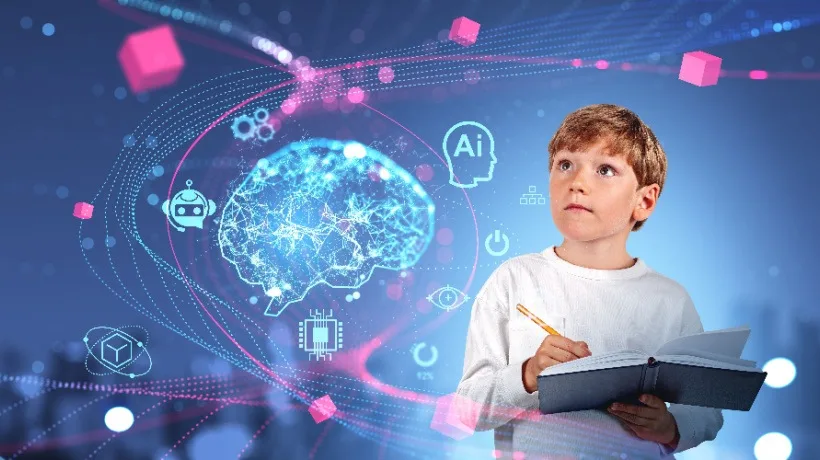
AI in Media
Journalism is harnessing AI, as seen in The Associated Press’s Use of Automated Insights, which produces thousands of earnings reports each year. With the advent of generative AI writing tools like ChatGPT, questions about their role in journalism are emerging.
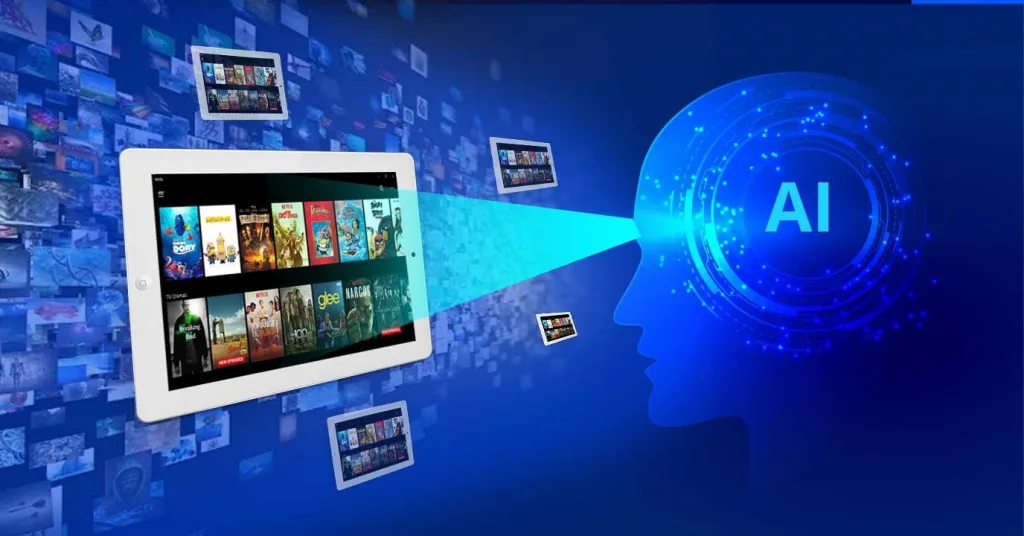
AI in Customer Service
While many people dread robocalls, AI in customer service provides data-driven tools that offer meaningful insights to both customers and providers. AI tools in this industry include chatbots and virtual assistants.
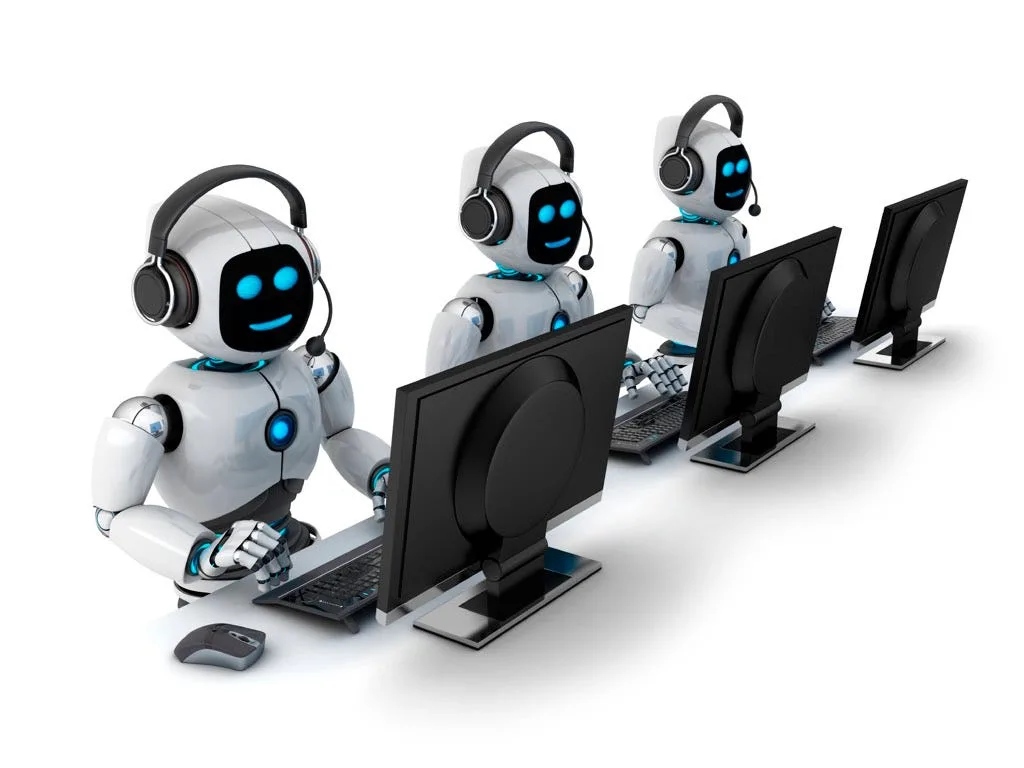
AI in Transportation
Transportation is poised to be drastically changed by AI. Self-driving cars and AI travel planners are just a couple of examples of how AI will influence how we move from place to place. Although autonomous vehicles are not yet perfect, they will eventually transport us from one location to another.
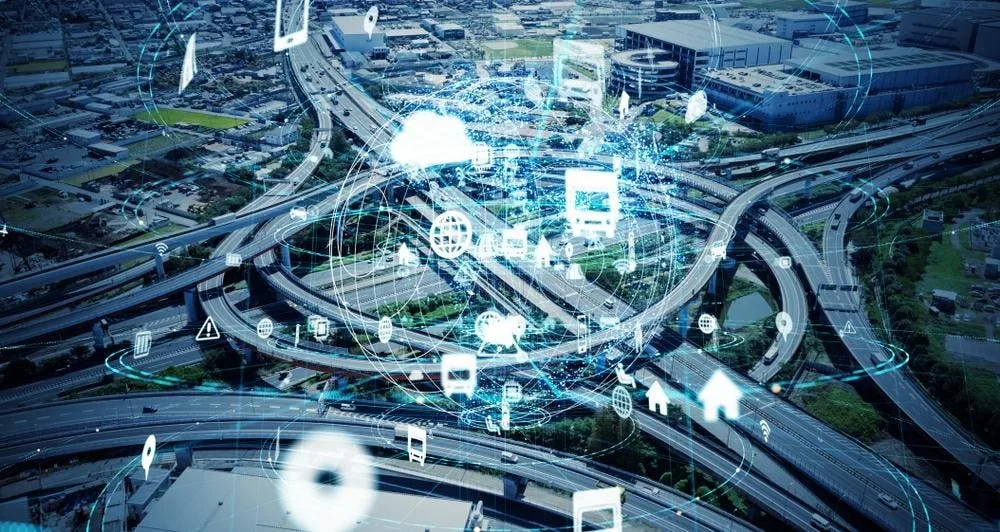
As AI continues to transform industries, the need for specialized expertise and innovative solutions becomes more crucial than ever. At PadiTech, we are committed to helping businesses harness the power of AI to stay ahead of the curve. Whether it’s optimizing operations, enhancing customer experiences, or driving new growth opportunities, PadiTech’s cutting-edge AI solutions are designed to empower industries to thrive in this new era.






